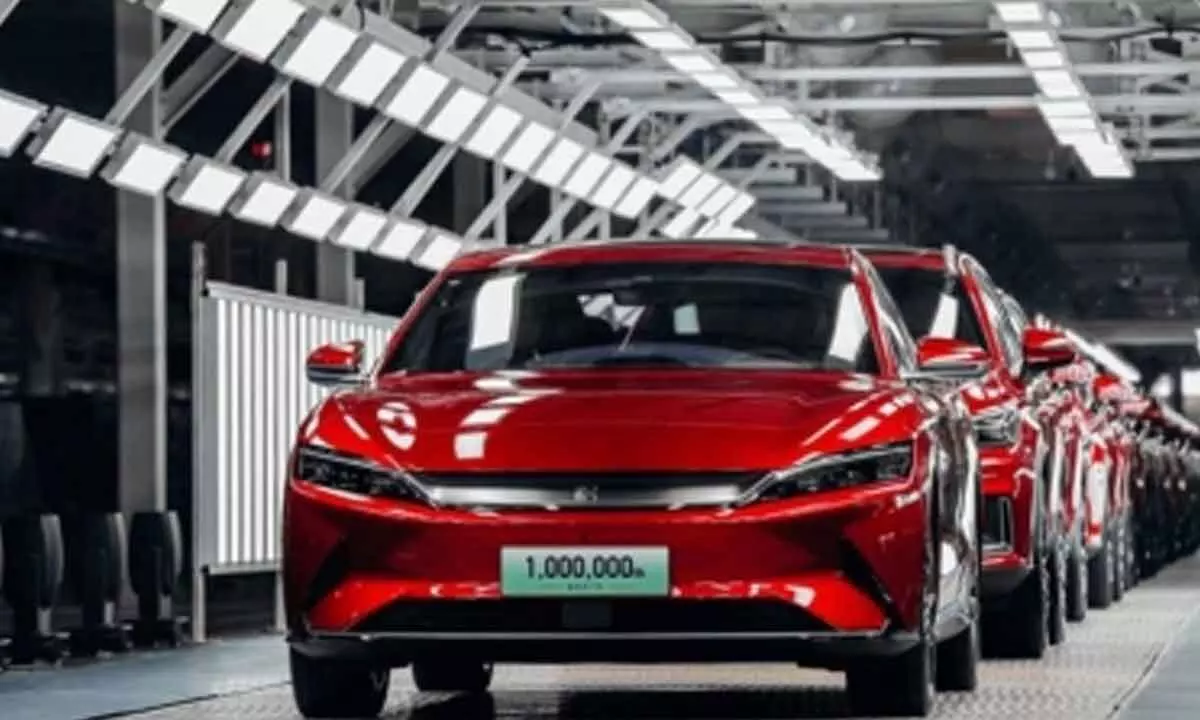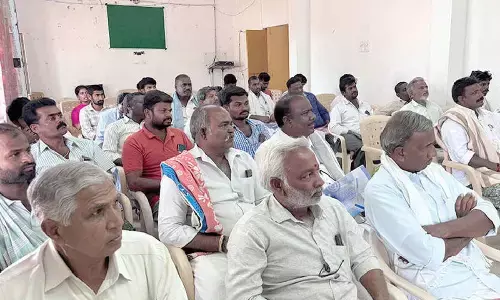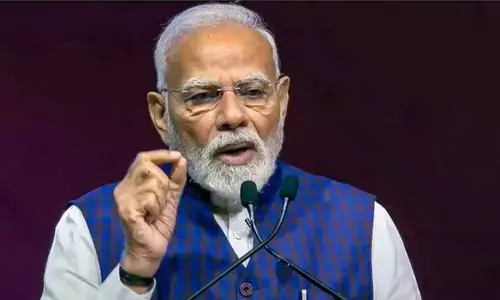Chinese EV maker BYD set to enter South Korean market in low-cost segment
Share :

The expected entry of China's BYD Auto into the South Korean consumer electric vehicle (EV) market this year will likely intensify competition within the low-cost segment of the market, which globally has seen a stagnation in growth as of late due to the so-called EV adoption chasm, according to industry watchers on Tuesday.
Seoul : The expected entry of China's BYD Auto into the South Korean consumer electric vehicle (EV) market this year will likely intensify competition within the low-cost segment of the market, which globally has seen a stagnation in growth as of late due to the so-called EV adoption chasm, according to industry watchers on Tuesday.
The Chinese EV maker has applied for emissions and noise certification for its midsized EV sedan Seal with the National Institute of Environmental Research under the South Korean environment ministry on June 5, marking the beginning of BYD's domestic release procedure.
The process, which checks factors, such as the driving range on a single charge, is known to take around two to three months. Performance evaluations linked to a review for EV subsidies are conducted separately by the Korea Environment Corp, reports Yonhap news agency.
In terms of size and performance, BYD's Seal model, whose entry price trim is set at 179,800 yuan ($24,730), is comparable to Tesla's Model 3 and Hyundai Motor's Ioniq 6.
Market watchers expect the model to become eligible for EV subsidies when released. Some, however, note the use of lithium iron phosphate (LFP) batteries in the model could work against the model due to the low recyclable value of LFP batteries.
Other more affordable BYD models, including the Dolphin hatchback and the Atto 3 compact crossover, are also reportedly being considered for release in the country.
BYD has already applied for trademarks for six models in the domestic market, including those for the Seal, Dolphin and Atto models.
If BYD successfully launches its passenger EV cars in South Korea with competitive pricing, it could impact the domestic electric vehicle market, currently dominated by Hyundai Motor and Kia.
South Korean automakers have already seen a decrease in the domestic EV market share, dropping 3.5 percentage points to 76.6 percent last year, especially in line with the release of Tesla's Model Y vehicles produced in China.
Local automakers, too, are moving to introduce more affordable models with a better value proposition, notably improved battery capacity.
Hyundai plans to unveil the EV version of its mini SUV Casper at the upcoming Busan International Mobility show later this month. Kia's EV3, the company's third and latest EV model after the larger EV6 and EV9 models, is widely expected to become a hit.








